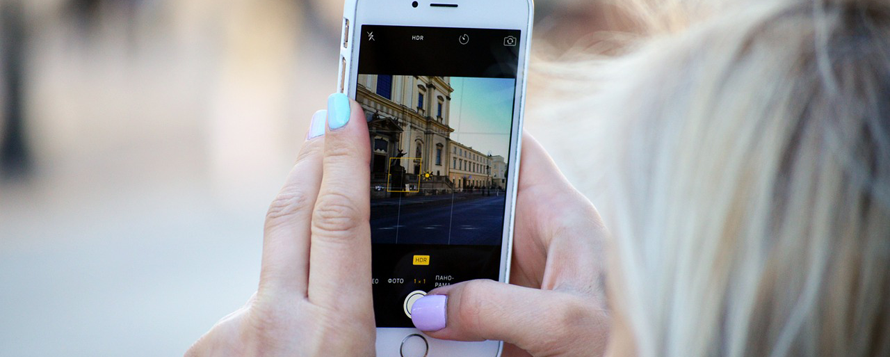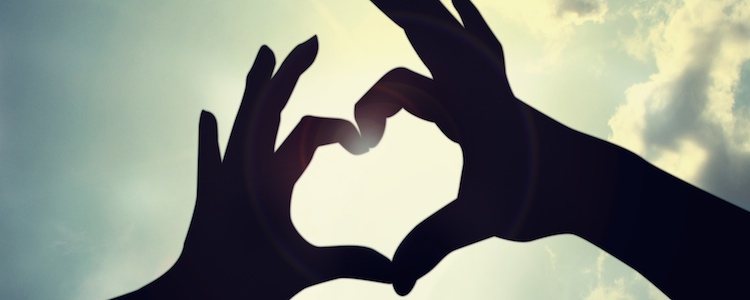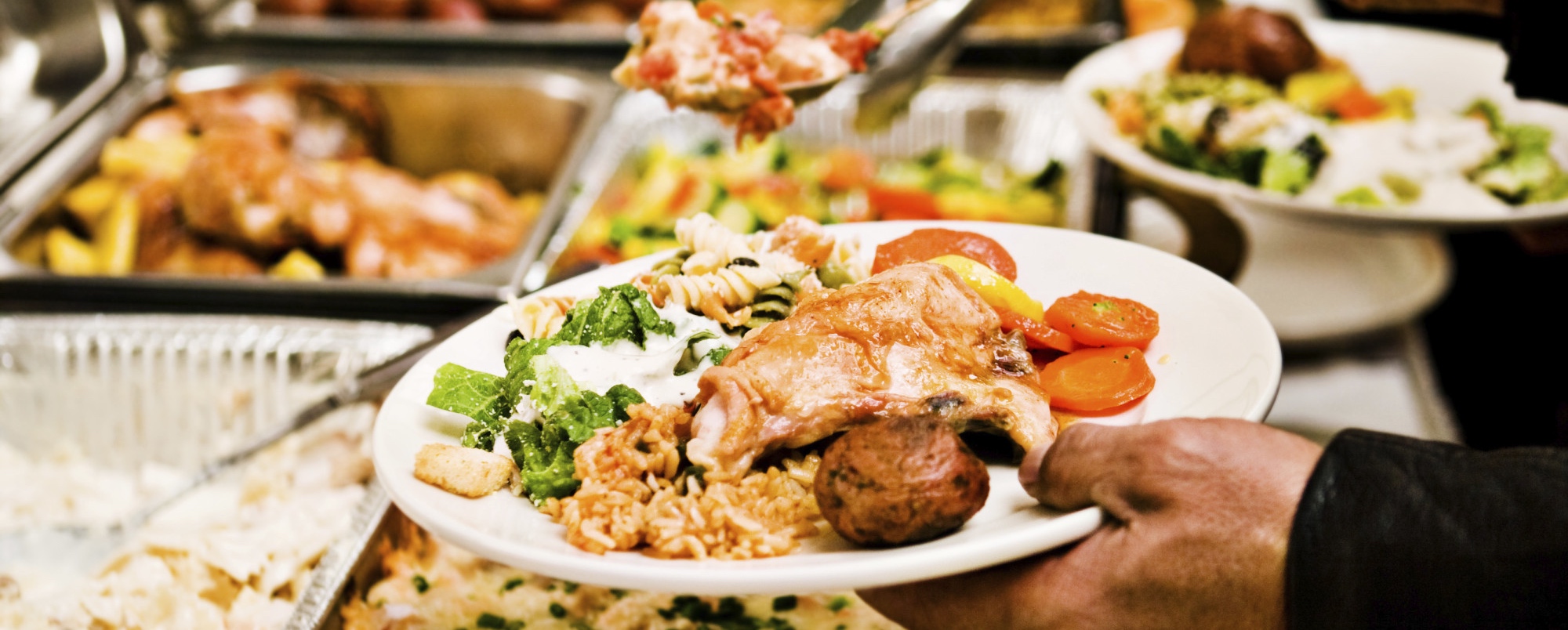
3 Ways That Social Media Affects Our Relationships
As a freelance writer and content marketer, I spend the majority of my day on the Internet: posting on social media outlets for clients, researching the latest trends for story pitches and articles, and taking personal time at the end of the day to see what’s going on in the lives of others.
Social media is a connector; it reminds us that there’s a larger existence around, and we’re just living in a tiny bubble, looking outwards from a laptop screen. There are many ways that social media is affecting our relationships, as while it keeps us in the know, by way of Facebook “likes” and Instagram comments, it also undermines the importance of face-to-face connections.
Yet, this is the way of the future, right? Here are 3 ways that social media is changing our relationships, for better or worse.
It’s Hard To Power Down
I can’t tell you the last time I turned my phone off—like off—and not just on silent or airplane mode. That’s the problem with these things: they’re super addictive. Whether I’m drooling over a chocolate lava cake image on Instagram or browsing a friend’s photos from a birthday party, there’s never a shortage of viewing opportunities.
The inability to turn off your cell can certainly interfere with relationships, as you’re giving up valuable time that could be spent on real-time interactions. For instance, how often do you dine out with a friend and notice him or her texting feverishly mid-conversation with you? All the time, I’m sure. What’s more, as new technologies appear, and everyone wants the latest gadgets, people will spend more time on social media and find it harder to be in the moment with present company.
It Can Provide Support
Here’s a positive: finding a following, group, or vast network online can be empowering, as it can make us feel supported and relevant. Although many of these friendships might be from afar or touching only surface level, they can make us feel connected to the world, at large.
Many of my Facebook friends include people I used to know from the past, many of whom I haven’t seen in ages; yet, every now and then I enjoy seeing what they’re up to, knowing that there’s an established, remote familiarity I can lean on. Plus, a “like” on someone’s photo is an easy way to stay in touch, when neither party has much to say to the other.
It Can Create False Realities
Apart from the occasional morose status updates, most people snap pictures in times of joy, sharing the positive aspects of their lives, publically. So basically, unless you’re meeting your buddy out for coffee each week, you don’t really know what’s going on internally. Unfortunately, this contorts reality, and it can make others feel insecure and inferior when others’ lives seem so wildly successful.
Here’s how social media can ruin relationships: it can create competition amongst peers due to embellishments via media, set up erroneous depictions of what life should be like and measurements in comparison to your own, and lead to insecurity and resentment. Plus, factor in Hollywood ideals, and there’s the whole matter of body image and cyber bullying, as well.
Yet, here’s the reality—Photoshop exists; Hollywood stars have resources that average people don’t (which definitely matter in achieving health and fitness goals, for instance), and you’ll always see a smile on Facebook, never a frown.
As long as you stay true to your values and have realistic expectations, social media can be great in so many ways: it provides entertainment, community, stimulation, and knowledge. It’s the future, and it’s only going to grow with time. Just don’t lose sight of who you are amidst the sea of viewers.


